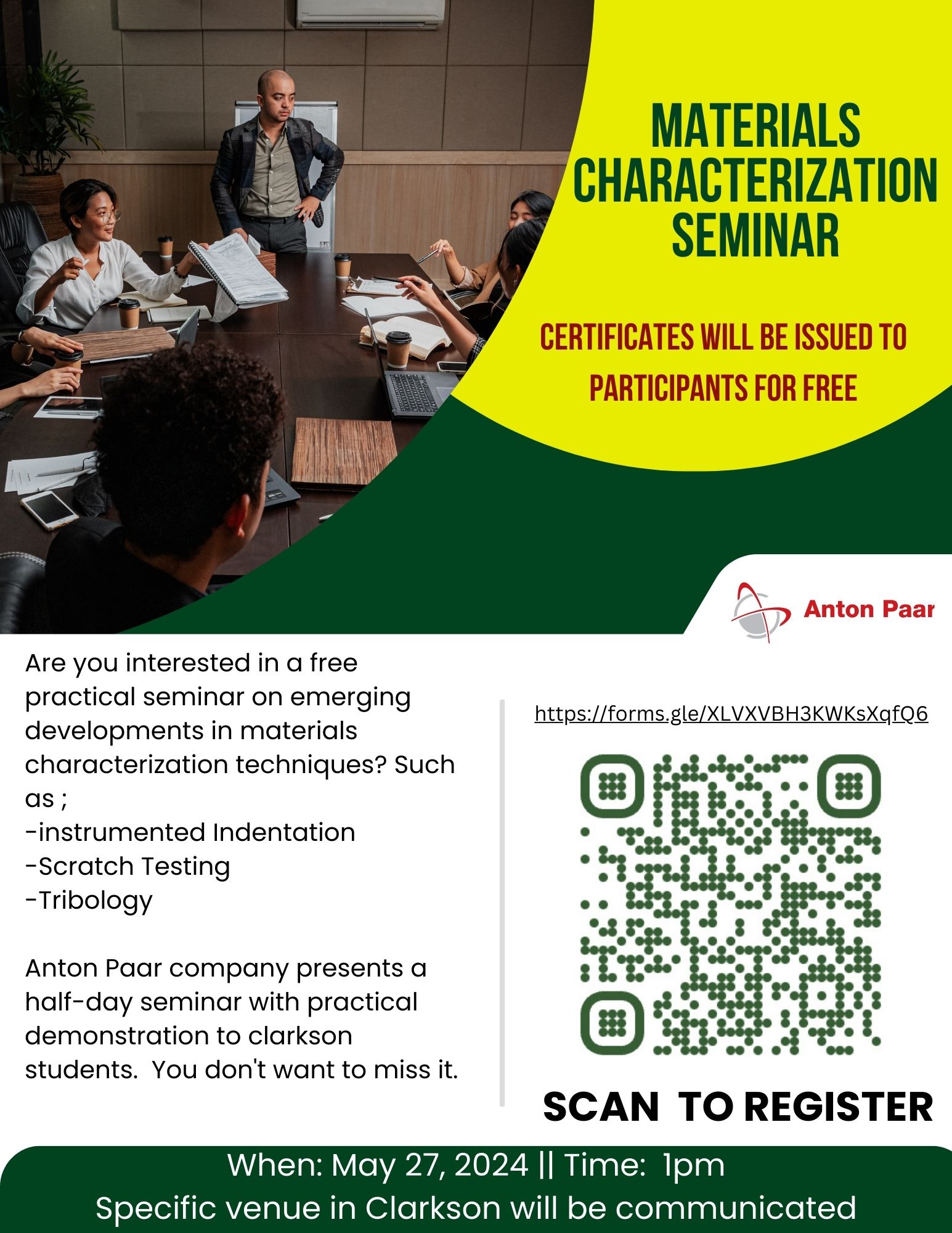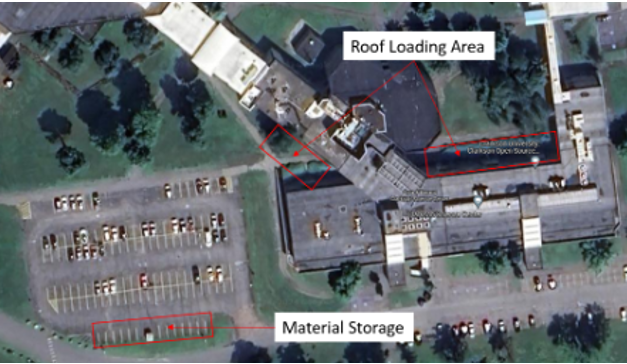Dr. James Greene
Mathematics, Clarkson University
Will present a talk titled:
Induced drug resistance in cancer chemotherapy: a control-theoretic approach
Abstract: Resistance to chemotherapy is a major impediment to successful cancer treatment that has been extensively studied over the past three decades. Classically, resistance is thought to arise primarily through random genetic mutations, after which mutated cells expand via Darwinian selection. However, recent experimental evidence suggests this evolution to resistance need not occur randomly, but instead may be induced by the application of the drug. Indeed, phenotype switching via epigenetic alterations is just recently beginning to be understood. In this work, we present a mathematical model that describes both random and induced resistance. We utilize our mathematical model to study control-theoretic questions with respect to different clinical treatment protocols, and study the effect of different therapies across parameter regimes (e.g. we investigate patient-specific responses). A time-optimal control problem is formulated and analyzed via nonlinear control techniques, and questions about parameter identifiability are also considered. Specifically, the control structure is precisely characterized, and therapy outcome is analyzed for different levels of resistance induction through a combination of analytic and numerical results. Further extensions to combination therapies are also considered, and questions of combination vs. sequential therapy are studied.
Date: October 1, 2021
Time: 11:00 am
Location: SC 160
Bio: James Greene has been an Assistant Professor in the Mathematics Department at Clarkson University since 2019. He received his Ph.D in Mathematics from the University of Maryland, College Park, and subsequently held a Hill Assistant Professorship position in the Mathematics Department at Rutgers University, New Brunswick. His work is broadly related to systems and mathematical biology, and he works on problems relating to cancer evolution, drug resistance, transcription/translation dynamics, enzymatic circuits, and epidemiology.



